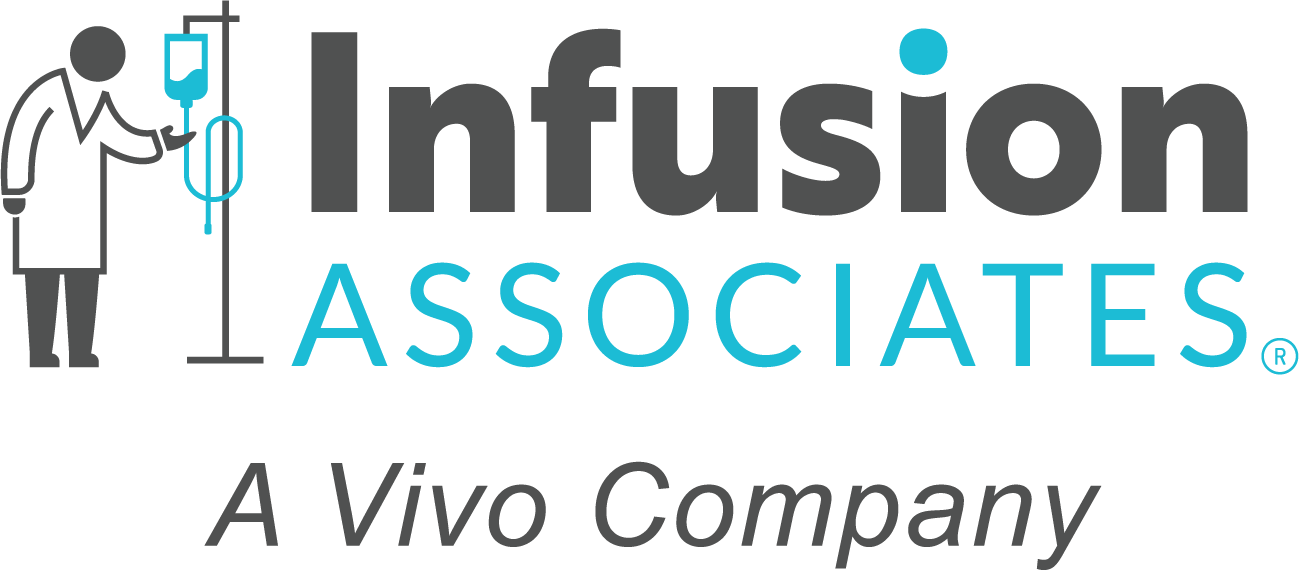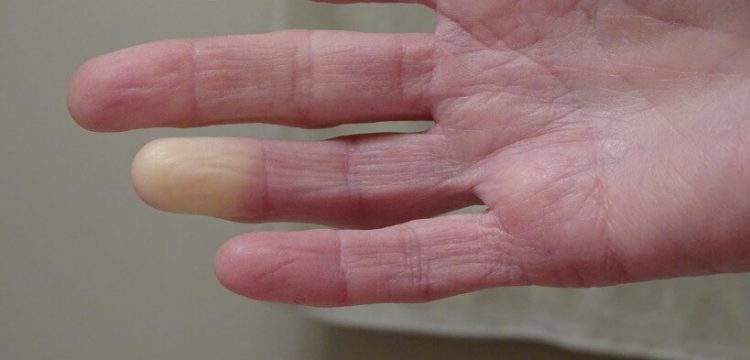Chronic autoimmune disorders occur when the body’s immune system malfunctions and begins to attack rather than protect the body. Scleroderma is one of these autoimmune diseases that happens when the body’s immune system causes abnormal hardening and tightening of the skin and connective tissue. While there is currently no cure for scleroderma, treatments such as infusion therapy can help control the disease and offer a higher quality of life for those who suffer from it.
What is Scleroderma?
Scleroderma, known also as systemic sclerosis, is a rare connective tissue disease. It’s a chronic condition manifested by the hardening and tightening of one’s skin and connective tissues. Though it often only affects the skin, scleroderma can also damage blood vessels, internal organs, and even the digestive tract.
Scleroderma is classified as an autoimmune disease, as it is caused by the body’s immune system creating inflammation and tissue abnormalities in a person’s body. Common symptoms include:
- Swelling and pain in the fingers and/or toes
- Joint pain
- Limited mobility and stiffness in joints and extremities
- Heartburn, difficulty swallowing, and other digestive complications
- High blood pressure
- Lung scarring and shortness of breath
- Arrhythmia and heart failure
Other symptoms may occur and will depend on what parts of the body are affected by Scleroderma.
How does infusion therapy work for Scleroderma?
Infusion therapy works by administering medications intravenously. Injecting the medication directly into the patient’s bloodstream allows for a faster absorption rate and — in consequence — faster pain relief. Infusion therapy is often a great option for patients who are unable to take oral medications or have responded poorly to them.
While there is currently no cure for scleroderma, infusion therapy can be used to treat many of its symptoms, resulting in greater pain management and a higher quality of life.
What to Expect
Infusion therapy at Infusion Associates is meant to make you feel at home during your treatments. Far from the cold, sterile nature of a hospital, our rooms are equipped with blankets, free Wi-Fi, big-screen TVs, and more. You can even listen to music or read a book from a comfortable armchair while receiving your infusion treatments.
The duration of the infusion therapy will depend on what medications are being administered and your specific needs, but in general these take anywhere from 30 minutes to a few hours. A doctor or nurse practitioner will be monitoring the infusion throughout the entirety of your treatment.
Side Effects
General side effects from infusion therapy commonly include:
- Dizziness
- Nausea
- Muscle Stiffness
- Itchiness at the injection site
- Headaches
Any side effects specifically from scleroderma infusion will depend on what medications are being administered. Therefore it is important to consult with your healthcare and infusion providers to discuss possible side effects from infusion to treat scleroderma.
Medications Used to Treat Scleroderma
Treatments for scleroderma are meant to target symptoms such as hardening of connective tissue, inflammation, blood vessel issues, and autoimmunity. Medications for scleroderma will differ based on specific needs.
If Your Doctor Has Recommended Infusion Therapy for Scleroderma, Let Infusion Associates Help You
At Infusion Associates, we provide medically-prescribed infusion therapy for patients with chronic conditions in a welcoming and friendly environment. Our team of healthcare professionals is fully committed to making the experience as comfortable as possible for you or your patients. We always inform patients of any potential side effects and answer all their questions before starting treatment. In addition, we have a registered pharmacist on-site to make the process as seamless as possible.
If you would like to refer a patient to us or want to inquire about the treatments we offer, you can contact us by calling us at (616) 954-0600 or filling out this form.

